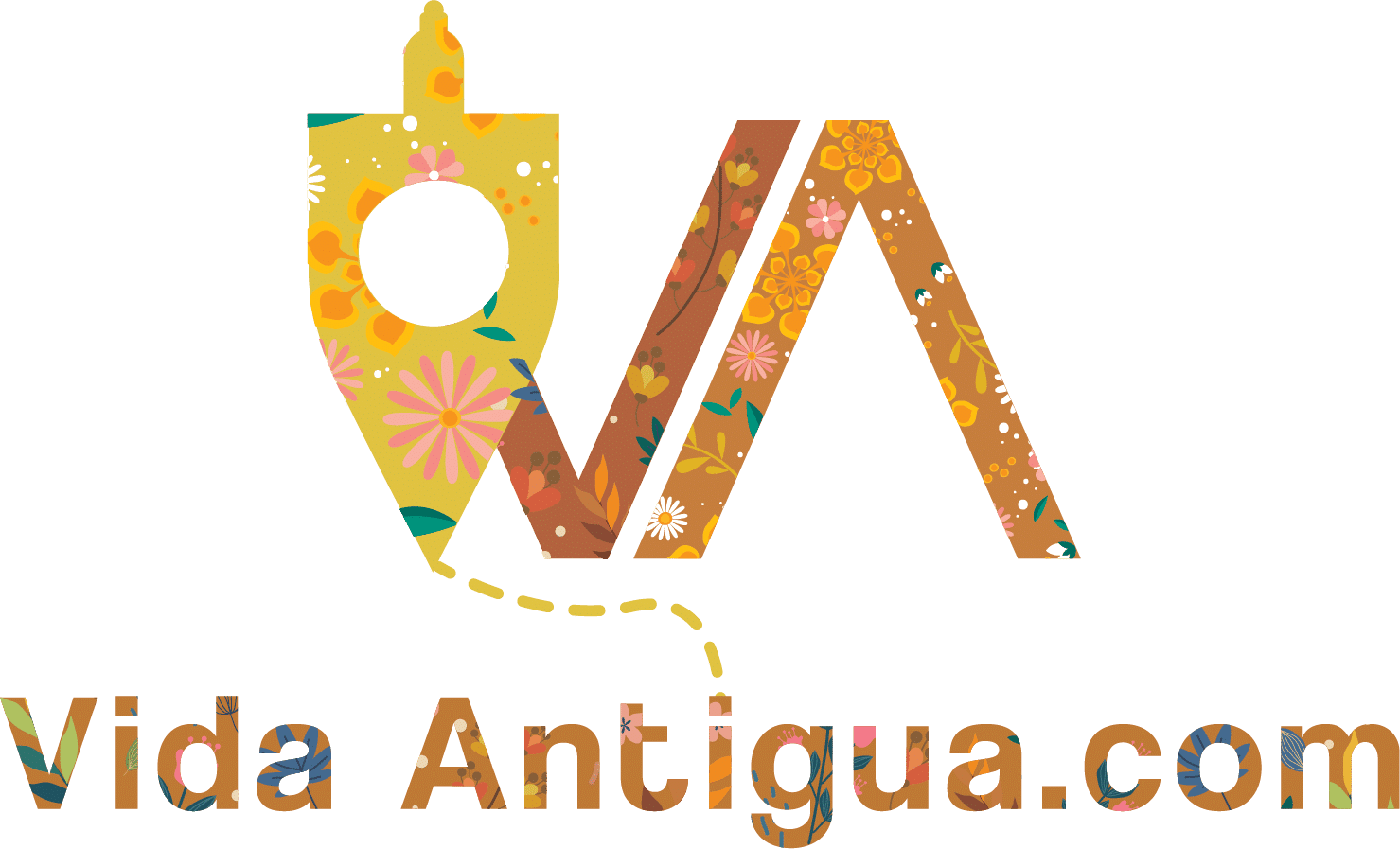Facts About Antigua
Antigua, Guatemala is a beautiful and vibrant colonial city that was founded in the early 1500s by the Spanish Empire. The city served as the political, economic, and religious center of all of Central America before the city was destroyed in 1773 following a series of earthquakes. Following the earthquakes, the capital was moved to a less earthquake-prone location which is known as present-day Guatemala City. However, not all was lost during the earthquakes that rocked the city in the 1700s. Many people remained in the city and much of the old colonial architecture remains. The city itself is listed as a UNESCO World Heritage Site.
On this page, you will find general information about Antigua, the weather, currency, connectivity, and more.
Drinking Water
Many travelers visiting Antigua share the same concern: is it safe to drink the tap water? In general, tap water in Antigua is not considered safe for consumption, and both locals and visitors are advised to avoid drinking it directly. However, it is safe to use for showering, and brushing your teeth, although some prefer bottled or filtered water for this purpose. Fortunately, many hotels, restaurants, and accommodations in Antigua provide filtered water for guests. A common and eco-friendly solution found throughout the city is the Ecofiltro, a large clay filtration system. These filters effectively purify tap water, making it safe to drink and an excellent alternative to single-use plastic bottles.
Wifi & Connectivity
Antigua has modern telecommunications making it fast and easy to connect with individuals in the rest of Guatemala and beyond. Most cafes and accommodations include wifi and it is simple and inexpensive to buy a SIM card from a local service provider so you can always stay connected. Guatemala is also in the process of being connected via Starlink. The international dialing code for Guatemala is +502. Read more about communication in Antigua here.
Time Zone
Antigua is located in the Central Standard Time Zone (UTC/ GMT -06:00) Guatemala does not utilize Day Lights Savings Time.
Weather & Climate
Antigua enjoys a warm temperate climate all year round. There are two main seasons in Antigua, summer, and winter. The summer starts in November/ December and lasts until April. The summer in Antigua is warm and dry with very little rainfall. The winter in Antigua lasts from May through November and is characterized by heavier rainfall in the afternoons and evenings, with the day remaining relatively dry (but potentially cloudy). Read more about Antigua’s climate here.
Cell Phones
If your cell phone is unlocked you can buy a Tigo or Claro SIM card when you arrive in Guatemala. This will give you phone service and data throughout Antigua. Otherwise, many travelers switch their phone to airplane mode and utilize the free wifi in hotels and cafes in order to stay connected while on the road. Read more about cell phones and connectivity here.
Money & Currency
The local currency in Guatemala (and Antigua) is the quetzal. Guatemala’s currency the quetzal is denoted by the letter “Q.” Most places in Antigua will not accept dollars, although some places might depend on how often they deal with tourists. Please keep in mind that dollars must be in perfect condition in order for them to be accepted in Antigua. Read more about currency and paying for items here.
Language
The official language is Spanish, however, you will find that many people, especially in the tourism industry also speak English. In addition, locals may speak one of the 20+ Mayan languages found in Guatemala. Antigua itself is a very international city, therefore do not be surprised if you hear various other languages while walking down the street.
Culture
Antigua, Guatemala contains a fascinating mixture of Spanish and Mayan culture. This is evident from the architecture, cuisine and locals you’ll see on the streets. There are many churches and museums to explore for the history and culture buffs out there. You can learn more about the history and culture of Antigua here.
Seasons: High & Low
High season is the dry season/ summer time. This is from December until March/ April. The low season takes place during the rainy season/ winter time which is from May until October.
Volcanoes
Lorem ipsum dolor sit amet, consectetur adipiscing elit. Ut elit tellus, luctus nec ullamcorper mattis, pulvinar dapibus leo.
